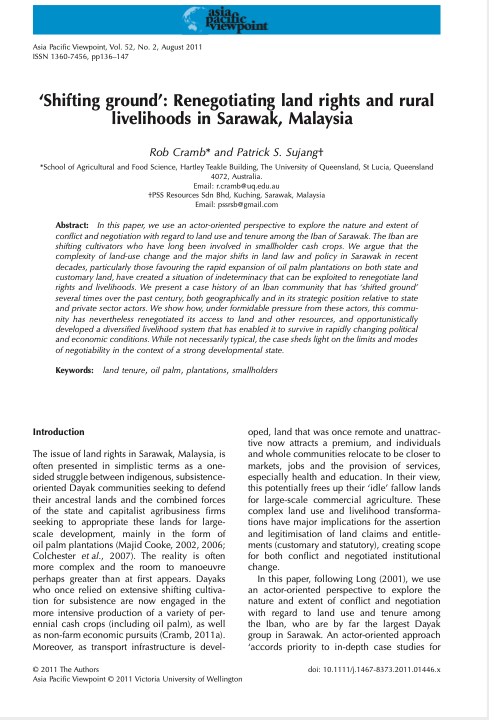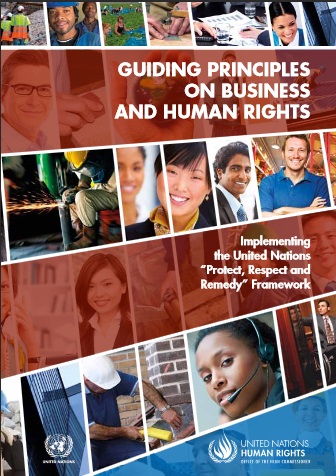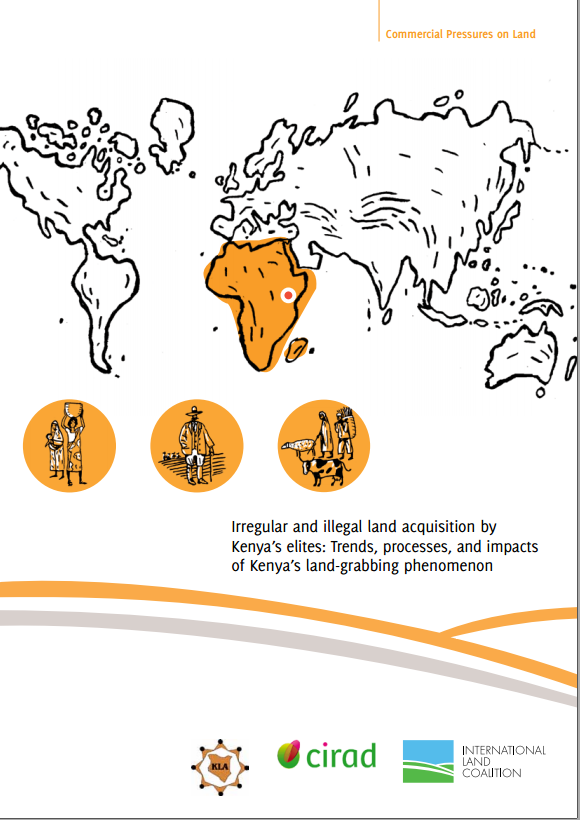Global land use: Policies for the future
Includes summary; global land resources and projections for the future; soils and soil policies; ecosystems’ services; biofuels and impacts on land use; biofuel production and land use in Brazil; land and national self-sufficiency; land use and increasing production; overseas land investments (often called ‘land grabbing’); land rights and ownership – the Rwandan example; international voluntar









